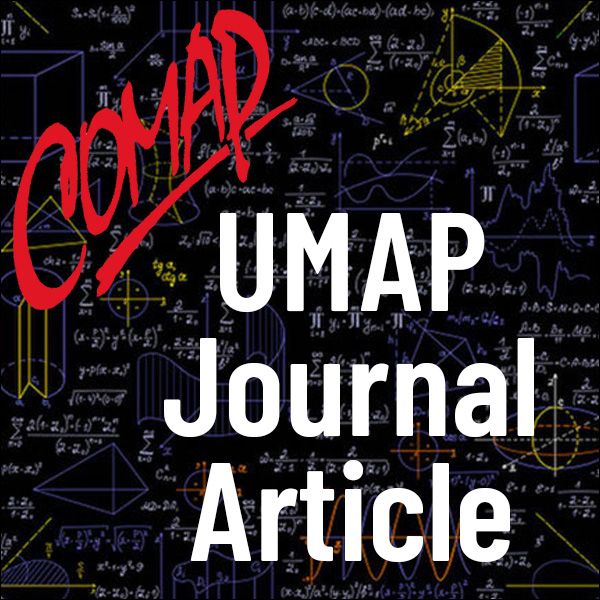Why Study the History of Mathematics
Author: D. J. Struik
Not so long ago most mathematicians showed little interest, and some of them even a little contempt, for the history, and the historian, of mathematics. This race has not yet died out. True, history was good for an anecdote or two: the vegetarian Pythagoras sacrificing (supposedly) a hundred oxen, a hekatomb, to celebrate the discovery of his theorem; Euclid lecturing his king that there is no royal road to geometry; Newton and Leibniz quarreling about their share in the invention of the calculus like two teenage boys dating the same girl. But why pay further attention to ancient attempts to do things we can do much better? The deacon's one horse shay is not for us in happy possession of a car. What is valuable in former mathematics is absorbed in our present science; what is dated is better forgotten. It is like that Arab commander of AD 642 who, after having entered Alexandria, is supposed to have ordered all books in the library to be burned. What is in it and also in the Koran, he ordered, need not be kept; what is in it and not in the Koran is of no use anyway. Believe it or not, it is a good story, if only to make a point.

Mathematics Topics:
Application Areas:
You must have a Full Membership to download this resource.
If you're already a member, login here.